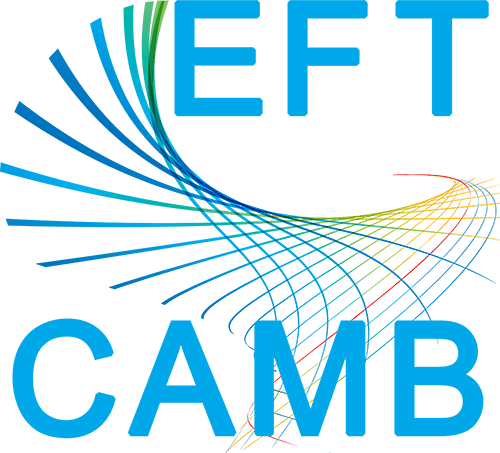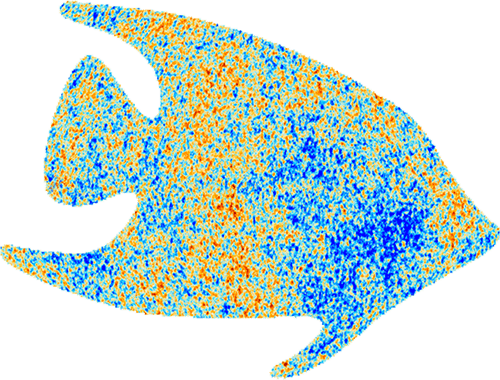
About Me
I'm a phenomenologist who merges physical theories and observations of the universe to unravel its mysteries.
My research sharpens our understanding and modeling capabilities for present and future measurements,
harnessing cutting-edge statistical machine learning techniques to extract insights from complex datasets.
My focus areas include statistical methods for data analysis, studying Dark Energy, Dark Matter, cosmological neutrinos, and Gravity.
Scroll down to find more information about my research interests
and publications.
Contact Details
Marco Raveri
Physics Department,
University of Genova,
Via Dodecaneso, 33,
Genova, 16146, GE, Italy
marco.raveri@unige.it

